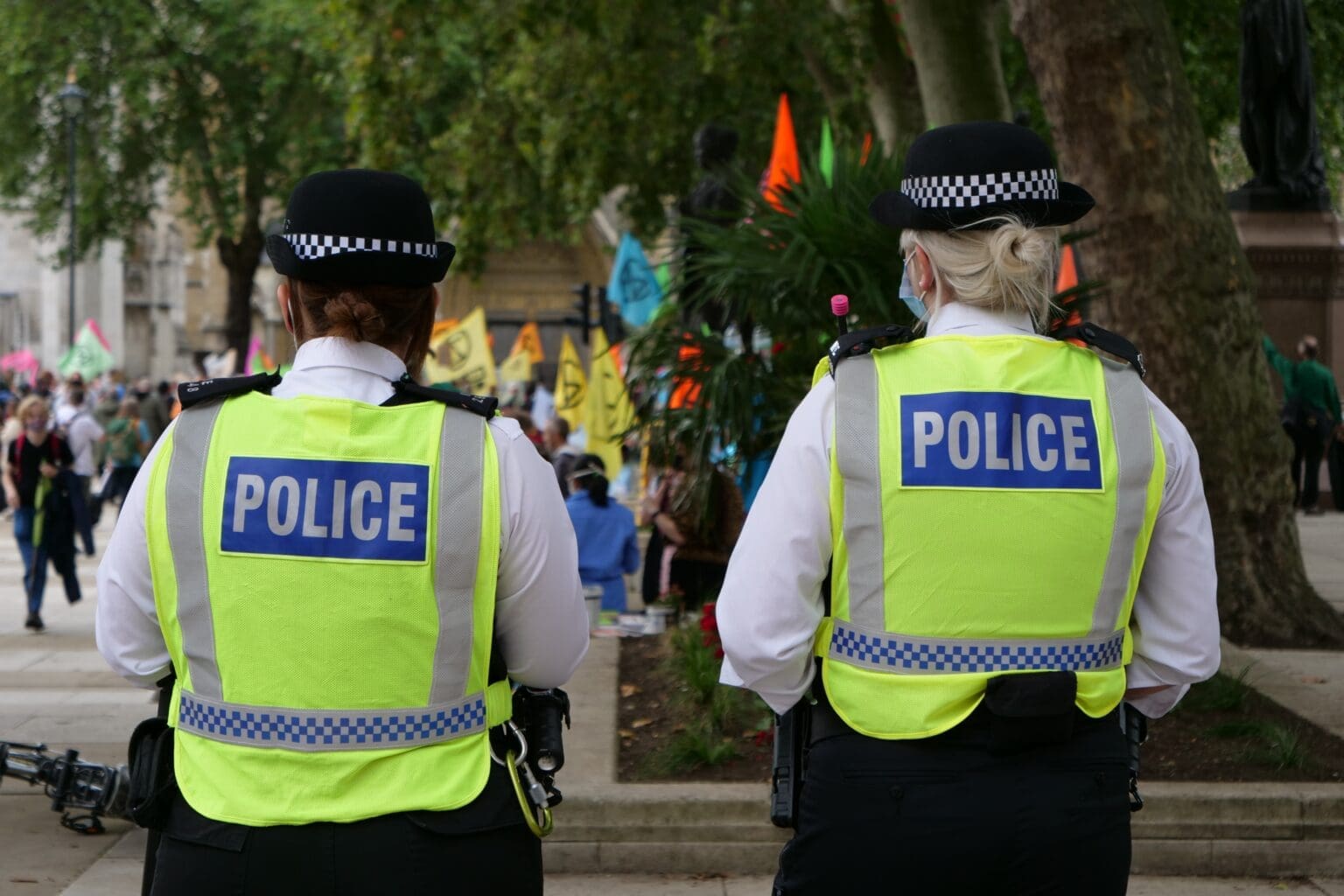The Metropolitan Police have published their updated VAWG action plan, setting out their 10 commitments to tackling violence against women. Whilst this updated plan is a positive step forward, the commitments must go much further to improve the current structures and responses of the Met Police to ensure women’s safety from domestic abuse and holds perpetrators accountable for their crime. Only then will women and girls build trust and confidence in the criminal justice system and the police.
Advance’s evidence, based on the testimonies of thousands of victims/survivors each year and the Met’s own data continues to show that they are being failed time and again, thanks to systemic misogyny, racism, and other forms of discrimination which are embedded into the police force. We know that systemic and culture change takes time and resources, and we urge the Home Office, the Mayor of London, and the Met to ensure that police funding is allocated in a responsive and proportionate way, which reflects the gravity and prevalence of domestic abuse.
The facts for London’s victims and survivors of domestic abuse are alarming and continue to deteriorate. Since 2018, there has been a 129% increase in reported incidents and crimes of domestic and sexual violence, a total of over 775,000 in 2022 [MOPAC, 2023].
Just 10% of London’s recorded domestic abuse-related crimes (9,675 out of 95,384) in 2022 resulted in sanctions for the perpetrator [Met Police, 2023].
The women we support tell us that they receive inconsistent support from police; whilst officers are undoubtedly often supportive and knowledgeable of the dynamic of abuse, too many police staff do not understand the needs of survivors. Reporting domestic abuse can be a stressful and traumatising experience, and this if often due to poor attitudes from the police and other criminal justice professionals. Women tell us that it is those attitudes that are a key reason why they often don’t report DA or follow through with the process. As a result, 54.8% of domestic abuse cases nationally are discontinued by victims withdrawing support for police action [HMICFRS, 2021].
Ending violence against women and girls must begin with tackling misogyny and sexism, which is why we are pleased to see a focus on the pursuit of perpetrators. The focus however on the ‘most dangerous perpetrators’ fails to address that domestic abuse is a pattern of behaviour exhibited by thousands of perpetrators across London. An arbitrary target of 100 men will only scratch the surface of the 95,000 domestic-abuse related crimes which are reported in London each year. This is a drop in the ocean for the number of suspected incidents of abuse which are not reported; ONS estimates that 2.1 million people nationally experienced domestic abuse in the year ending March 2023 [ONS, 2023].
Your home should be your safest place; we urge the Met to prioritise tackling abuse and violence which happens in ‘private places’. The new Domestic Abuse Prevention Orders scheme must be administered effectively, with breaches dealt with quickly and appropriately. The women we work with tell us that often, the protection orders they are given are not worth the paper they are written on, as breaches and violations are not followed-up. This leaves women feeling unsafe, regardless of the legal tools which have been put in place.
We know that 6 in 10 women in contact with the criminal justice system are survivors of abuse. The Met’s plan needs to recognise the link between abuse with women’s criminalisation and identify specific areas for change in their response to women who are arrested due to their adverse experiences.
Advance calls on the Met to deliver on their plan and:
- Conduct a root-and-branch systemic change to eliminate misogyny from its ranks and to ensure that women and girls, survivors, are appropriately and effectively responded to when reporting domestic abuse and other gender-based violence.
- Make domestic abuse a true operational priority by re-establishing specialist domestic abuse teams across the entire force. [NS3]
- Train specialist police officers that respond to victims every time with a clear understanding of domestic abuse and how to investigate this, whilst ensuring her safety and protection from further and often serious harm.
- Roll out specific services across London which support women who are in contact with the criminal justice system, at least 57% of whom are survivors of abuse
We call on the implementation across London and nationally of the Whole Justice Approach for women survivors of domestic abuse going through the criminal justice system, working with statutory and non-statutory partners to meet women’s individual needs.
We know that victims/survivors need us to work in partnership to deliver a whole system response beyond the criminal justice system, including:
- Support by a criminal justice IDVA throughout the process, from reporting to trial and beyond, to ensure that they are able navigate the complex process and to be supported emotionally and practically.
- Specialist Crown Prosecutors that understand that the victim is not only a witness and enables her to provide evidence whilst recognising the traumatic impact of the process.
- Specialist domestic abuse courts, with trained magistrates and staff, and special measures that ensure the safety of the victim/witness throughout the process, together with specialist Court Coordinators supporting the processes and ensuring an effective response.
We urge the Met to deliver on their promises to work with women, girls, and the specialist organisations which support them, to ensure that domestic abuse and violence against women and girls are wiped out in London.
For all press enquiries, please contact:
E: press@advancecharity.org.uk
T: 020 39533111
About Advance
- Advance’s vision is a world in which women and children lead safe, equal, violence-free lives so that they can flourish and actively contribute to society. The charity works with women who experience domestic abuse to be safe and take control of their lives, and women who have committed crime or are at risk of offending to break the cycle.
- Women must be referred to Advance, via statutory services or the charity’s self-referral scheme. For more information about who Advance is able to support, please visit Get Help.
- For facts and statistics about domestic abuse and women in the criminal justice system, as well as Advance’s work, please visit Our Impact.




